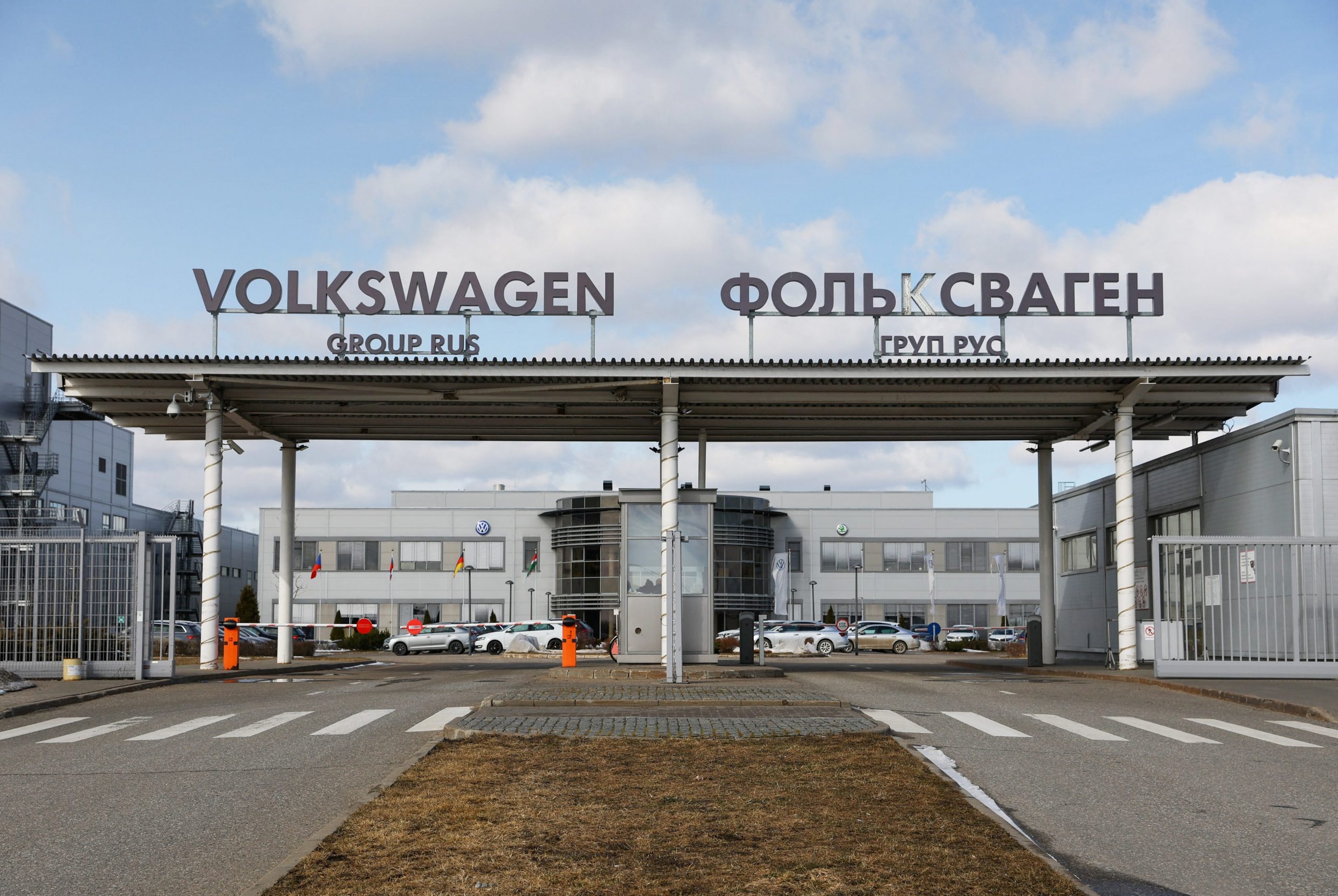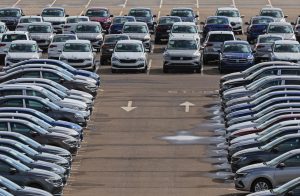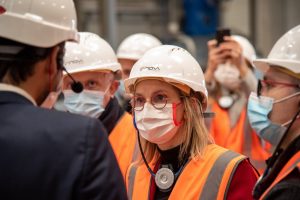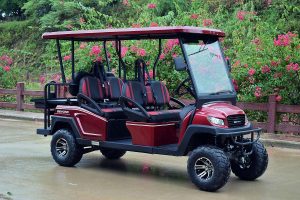
Ex-Magna CEO could take control of Volkswagen’s assets in Russia
The Russian media reported that Volkswagen AG could sell its Russian business – including an assembly plant and an internal combustion engine producer – to Austrian business conglomerate Steyr Automotive owned by ex-Magna CEO Siegfried Wolf.
According to people familiar with the matter the company aims to resume the production of VW cars in Russia, suspended in March in a response to Russia’s unprovoked invasion of Ukraine, under a different brand. VW will continue to supply components and spare parts to Russia as well as provide engineering services and thus keep benefiting from the Russian market. The production sites will be managed by Russia’s automaker GAZ Group owned by Wolf’s long-time Russian business partner Oleg Deripaska (currently under EU, US and UK sanctions). In 2010-2019 Siegfried Wolf himself chaired the board of GAZ Group and according to some media reports had a minority stake in the company.
Volkswagen has been manufacturing vehicles in Russia since 2007 on its assembly plant in Kaluga, 170 km southwest of Moscow. The model range includes Volkswagen Tiguan, Volkswagen Polo and Škoda Rapid. In 2011 Volkswagen and GAZ Group signed an agreement for the contract assembly of Volkswagen and Škoda cars at the GAZ plant in Nizhny Novgorod. In 2015 the company started production of its most modern engines at Kaluga plant. Volkswagen total investments in Russia exceeded EUR2 billion.
In 2021 VW sold around 199,000 vehicles in the Russia, over 80% of which were made at company’s production sites in the country. Among them were VW Polo and VW Tiguan as well as Škoda Rapid, Škoda Kodiaq and Škoda Octavia. VW estimated its share in the Russian auto market at over 11% in 2021.
In March 2022 in response to Russia’s attack on Ukraine, Volkswagen’s Group Board of Management decided to stop producing vehicles in Russia and to halt exports to the country. Over 4,000 of its employees at the Kaluga plant remain employed and continue to be paid a portion of their wages in compliance with Russian statutory requirements while the production is still suspended.
Since Russia’s invasion of Ukraine, all European, Japanese and Korean automakers have halted production in Russia citing EU and US sanctions, logistical challenges and a lack of severely limited availability of parts from suppliers. As a result car sales in Russia plunged more than 80% in May hitting the lowest level since 2006.
Rumors have it that Vladimir Putin considers nationalizing the manufacturing plants and other assets global automakers have in Russia. Beside Volkswagen, Stellantis, Ford and Mercedes-Benz would be the automakers most affected by any such moves which sometimes are called by Russian government officials “external administration.”
“If foreign owners close the company unreasonably, then in such cases the government proposes to introduce external administration,” Russian Prime Minister Mikhail Mishustin told media. “Depending on the decision of the owner, it will determine the future fate of the enterprise.”
In May France’s Renault sold its Russian assets to the Russian government for symbolic one ruble with the call back option for the 68% stake in the largest local automaker Avtovaz.

Volkswagen was also said earlier to be in talks with Kazakh-based automaker Asia Auto regarding sale of its Russian assets, but there were no developments so far.
While the size and details of the possible Volkswagen – Steyr deal are still unknown it could look lucrative for Volkswagen in the current geopolitical environment. On the one hand it allows the company to partly cover its multibillion investments in Russia, on the other – VW will formally quit Russia – a moral pledge for a major EU company in a response to Russia’s invasion of Ukraine – while keep benefiting from the Russian market by supplying its components and spare parts and providing engineering services.
But then there’s an obvious ethical question. Oleg Deripaska, once the richest person in Russia, is well known as a member of Putin’s inner circle. He has been sanctioned by the EU, US and UK. It is clear he will benefit from this deal – as VW former production sites will be managed by his GAZ Group. And making a sanctioned Russian oligarch richer is something contrary to what sanctions were meant for.


